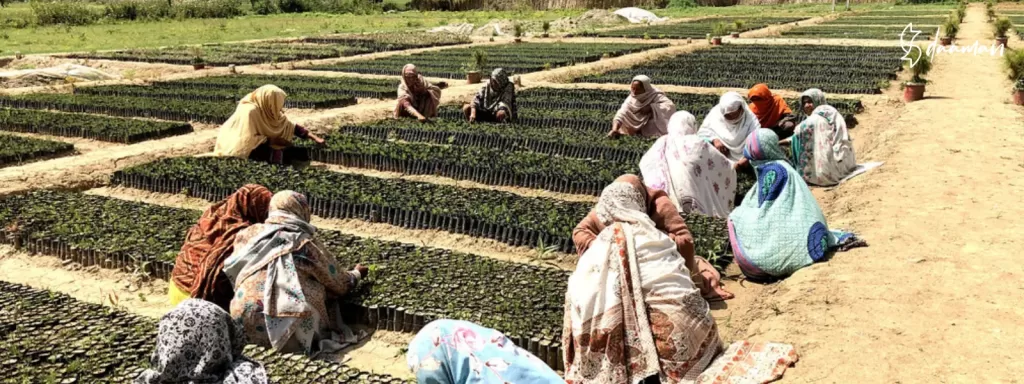Women Are Now Earning Online, Remotely and Successfully in Pakistan
Technology has been a potent engine for change in recent years, dismantling obstacles and generating new opportunities. In Pakistan, females are utilising digital platforms to increase their level of independence by exploring different online income streams. Women are changing the story of economic empowerment through freelancing on websites like Fiverr and Upwork and using social media influence. With the growth of freelance platforms, technology has significantly empowered women in Pakistan. Women can sell their skills and services to a wide range of clients worldwide on websites like Fiverr and Upwork. These platforms allow women to interact with clients worldwide and demonstrate their talents in programming, graphic design, content writing, and digital marketing. This is especially powerful in a nation where women’s access to traditional jobs may be restricted because of a variety of sociocultural issues. Image Source: Freepik.com Women who freelance have the opportunity to work from home in comfort and manage their personal and professional obligations. This increased independence is especially important in Pakistan, a conservative country where women’s mobility may be restricted by cultural conventions. The gap has been effectively closed by technology, which has produced a welcoming atmosphere where women can succeed professionally while upholding social norms. Apart from freelancing, social media’s influence has been crucial in determining the online income opportunities for Pakistani women. Social media sites like Facebook, Instagram, and TikTok have developed into profitable markets for content production and brand advertising. These channels are being used by women to develop their personal brands, share their stories, and demonstrate their talents. Among the many tools available to female entrepreneurs is Instagram. Women can market their goods and services, reaching a large audience and drawing in new clients, by creating aesthetically appealing material. Instagram Shopping and other features on the platform make online transactions even easier, transforming it into a virtual marketplace for women-owned small enterprises. Facebook and TikTok have also shown to be successful venues for content production and brand advocacy, giving women more chances to make money off of their abilities and inventiveness. Image Source : Freepik.com Influencers play a crucial role in the world of social media. Women are using their internet platforms to collaborate with brands, become influencers, and monetize sponsored content. For Pakistani women, the influencer economy has changed everything by providing a different route to financial freedom. Women can make their internet presence a reliable source of revenue by developing a devoted following and interacting with their audience. Technology is clearly having an impact on Pakistani women’s economic empowerment, and this trend is only predicted to continue. The conventional obstacles to employment are slowly disappearing as more women use digital platforms for content creation and freelancing. Technology is proving to be a strong equaliser in a nation where women have historically had difficulty accessing economic possibilities. This is opening doors to a future that is more inclusive and self-sufficient.
Women Are Now Earning Online, Remotely and Successfully in Pakistan Read More »











